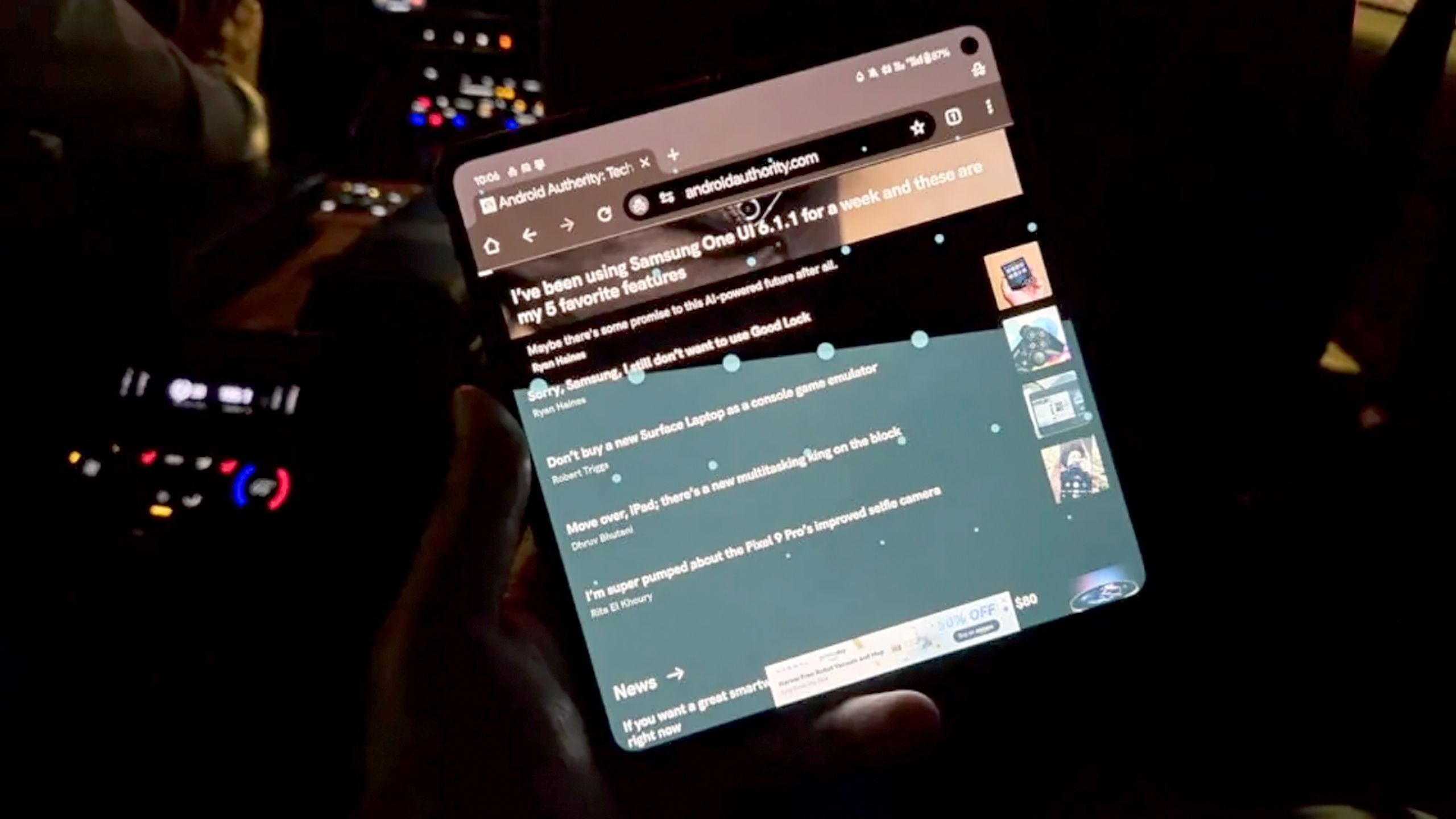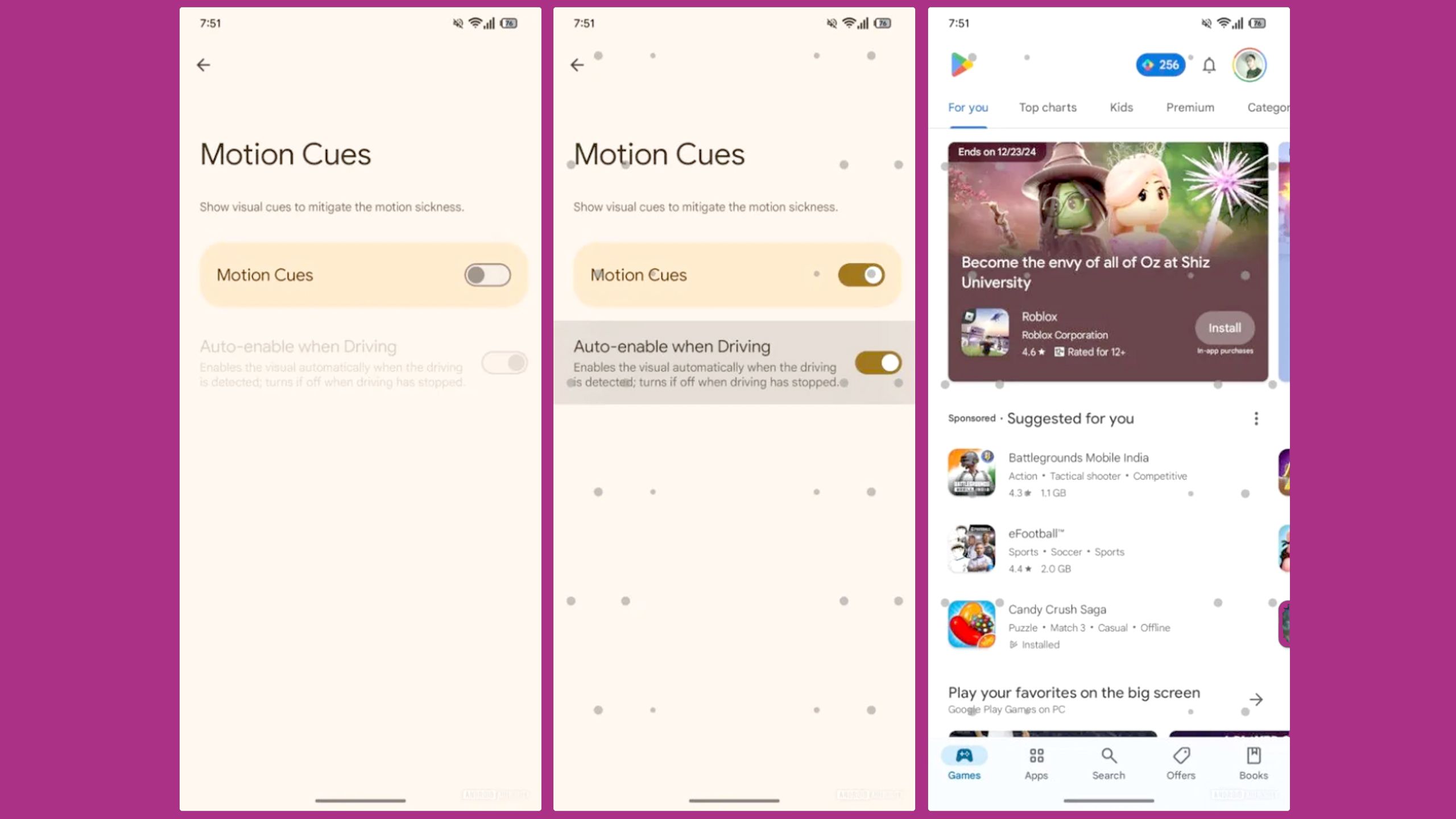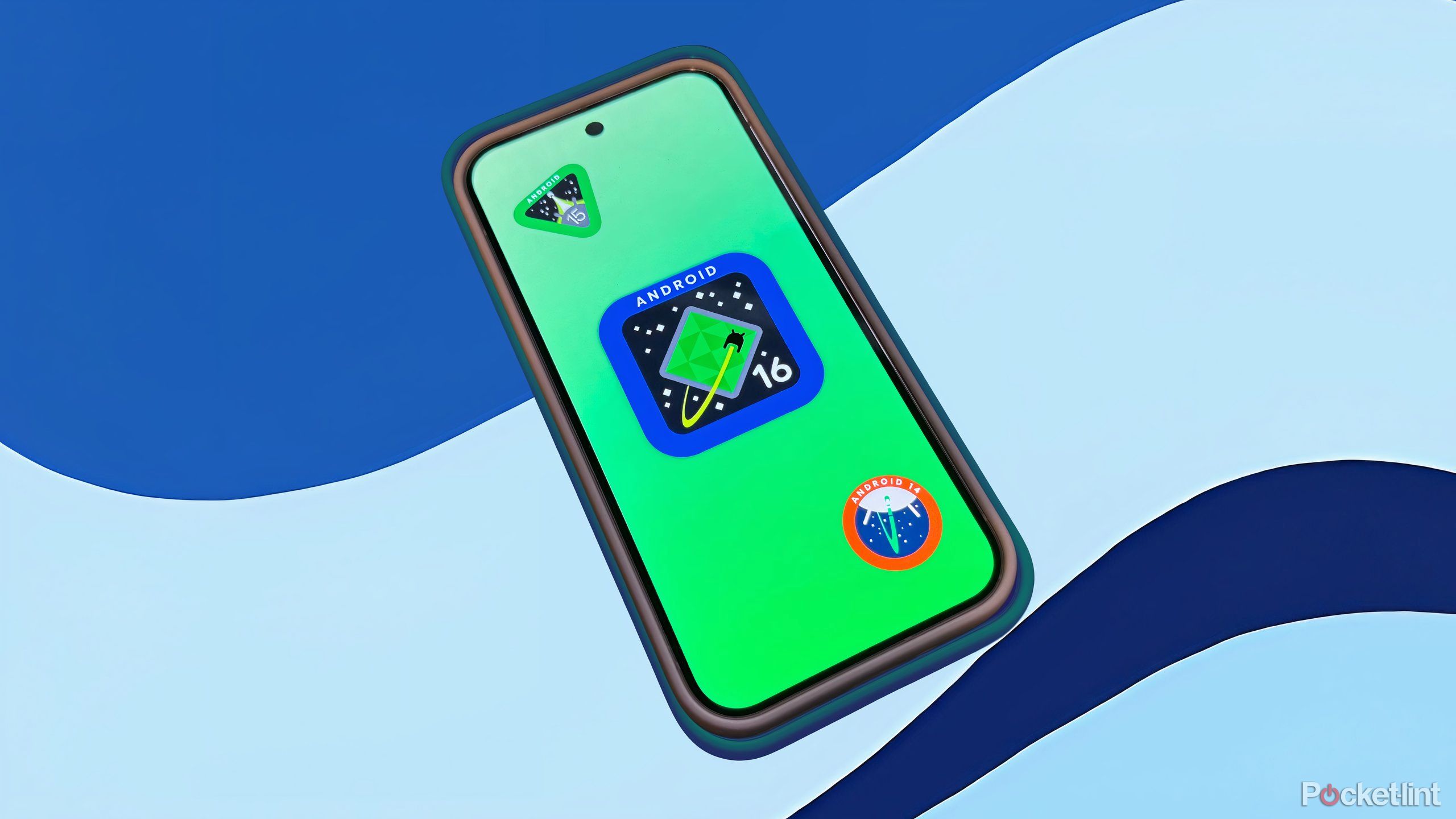Summary
- Motion Cues is an unreleased Android feature designed to prevent motion sickness in the car.
- It’s hidden in the latest Google Play Services beta.
- We don’t know when it will go public, but that could happen by or before Android 16’s Q2 release date.
Google is constantly at work on new Android features, what with the omnipresent threat of Apple’s iPhone to inspire it. Usually, we have to wait for an announcement, but details sometimes emerge early, whether through a corporate leak or hidden code references. Recently, Android Authority‘s digging into an Android APK exposed a feature dubbed “Motion Cues.”
So what is Motion Cues, and when can we expect it? There’s not much to say yet, but it could prove a significant relief for people who get nauseous on car trips.
Related
My favorite Android Auto apps for navigation
There are so many ways to get around town with Android Auto, and you have the pick of the litter when it comes to map apps.
What is Motion Cues for Android?
A not-so-subtle visual aid
Mishaal Rahman / Android Authority
Motion Cues is an unreleased Android option to prevent motion sickness. Some people’s brains can’t handle the disjunction between a static screen and a car’s movement, making phone use uncomfortable, if not unbearable. It’s more likely to affect passengers, since drivers can’t afford to take their eyes off the road for more than a few seconds.
Motion Cues is an unreleased Android option to prevent motion sickness.
When Motion Cues is active, about 14 pairs of small dots appear onscreen. These shift in response to your phone’s motion sensor data, hopefully tricking your brain. I say “hopefully” because apart from Android Authority, we don’t know if the feature has been road-tested yet. Presumably it has, but even then, there’s the possibility that it won’t work for everyone who suffers from motion sickness.
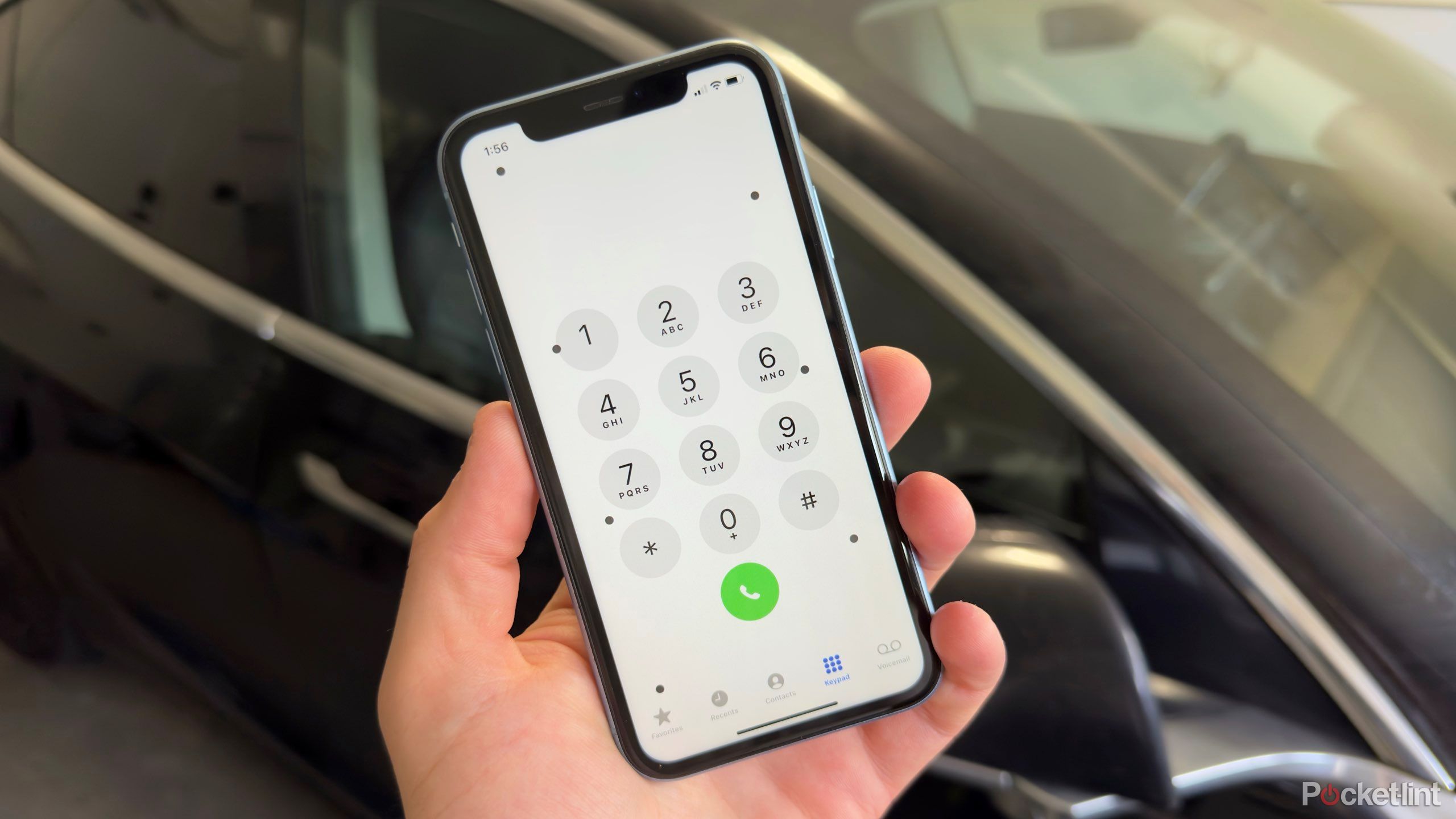
Related
Never barf in the car again thanks to iOS 18’s motion sickness features
iOS 18 introduces a new feature that aims to reduce motion sickness by displaying moving dots that align with your car’s movement.
How do you use Motion Cues?
A few quick flips
Android Authority
The feature isn’t available to the public yet, but if and when it is, you should be able to turn it on via Android’s Settings app. There’s also a shortcut through the Quick Settings tray, which makes sense given how often Motion Cues may be necessary.
You can toggle the feature manually if you like. There’s also a Settings option labeled Auto-enable when Driving. When this is on, Motion Cues should start whenever your car is moving fast enough, and shut off once you’re stopped. We don’t know what sort of delay might be in effect — it’s likely, then, that the dots will temporarily disappear whenever you’re at a stop light.
Currently, you can only access Motion Cues by downloading (and tweaking) Google Play Services beta version 24.29.32 or later.
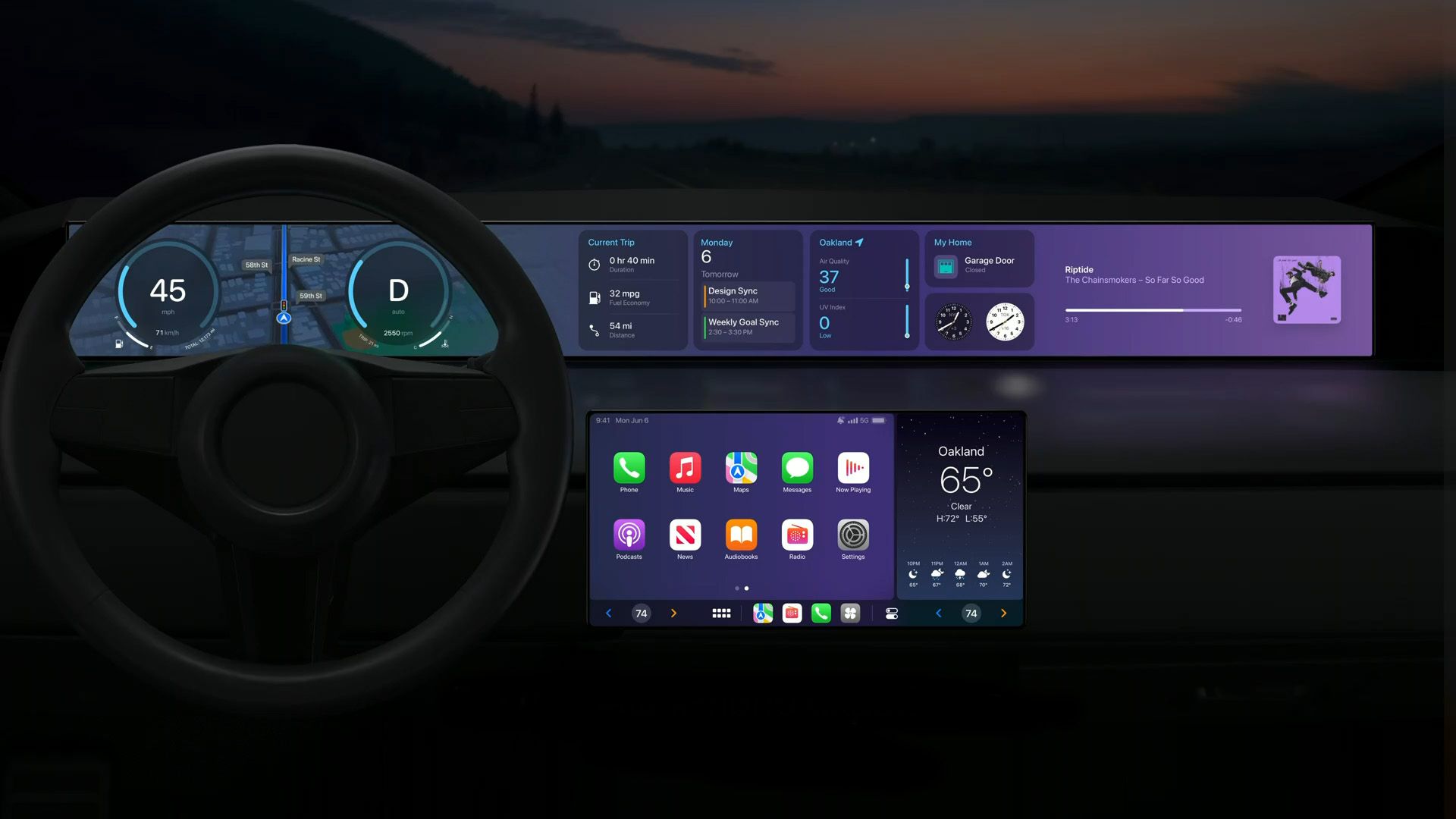
Related
CarPlay, the next-generation: What is Apple planning?
The next-generation of Apple CarPlay is coming, but it’ll be a while before your Honda dashboard looks like a Rivian or a Tesla.
When will Motion Cues reach the public?
You can guess the short answer
We don’t know. Its inclusion in a Play Services beta implies Google is committed, since beta software is intended to be feature-complete and just requires bug testing and minor adjustments. However, Google updates Play Services semi-regularly, and nothing prevents it from leaving Motion Cues hidden for weeks, months, or forever if it feels like it.
The feature could be launched alongside Android 16, which is already in developer preview. Google is targeting a second-quarter launch for the OS, meaning between April and the end of June. That’s months ahead of the company’s traditional schedule, and some devices have yet to be updated with Android 15, which was released in October 2024.




